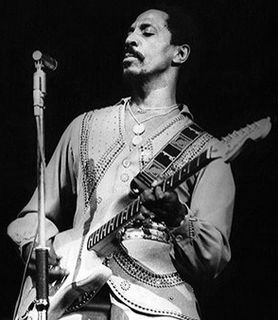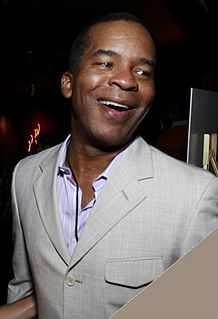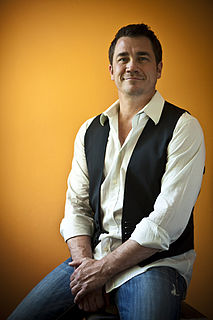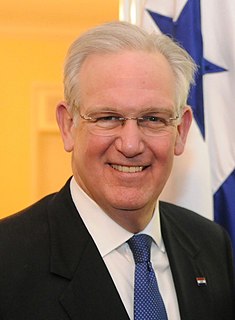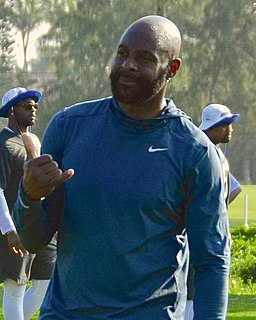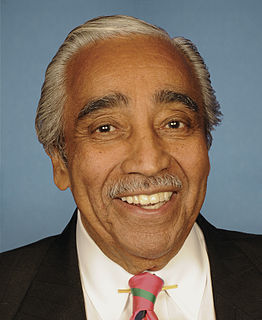A Quote by Ike Turner
They would come down in Mississippi, they hired me as a talent scout. And I would go all over Mississippi, Alabama, Texas, and find out different artists for them.
Related Quotes
I would sit on the street corners in my hometown of Indianola, Mississippi, and I would play. And, generally, I would start playing gospel songs. People would come by on the street - you live in Time Square, you know how they do it - they would bunch up. And they would always compliment me on gospel tunes, but they would tip me when I played blues.
By county, there's like 14 different accents in Mississippi alone. And now, present day, a Mississippi accent is different than in 1963. So we had a dialect coach, which is like going to visit France and having to translate all your emotions into French, and French isn't your first language. I had to go through that filter, so it was interesting.
Clearly we're in historic times here. We have - one of the tributaries of the Mississippi River is a river called the Merrimack. And the crest areas there - they're going to be a number of feet, 2, 3, 4, over what they were in '93 or '82. And on the Mississippi River itself, down below St. Louis, we're still projecting a couple of feet over that historic number. So the bottom line is there's a significant amount of water that's causing evacuations and challenges throughout that whole area.
Coming from the South, I just felt you had to work just a little bit harder. It was not going to be handed to you. I’d get the letters from all the major schools but no one came out to talk to me face to face until this small, dominant black school, Mississippi State Valley University sent a coach out to me. I had a chance to talk to him and he said, ‘Hey Jerry, we’re going to be doing some great things at Mississippi Valley State University and we would love to have you there.’
Gary is a old factory town right outside Chicago. From my standpoint, my family migrated there in the '50s and '60s from Mississippi - Sardis, Mississippi - shout out to Sardis, Mississippi. My family migrated there just like a lot of black families in that area: they migrated there to get jobs, to get those factory jobs, that steel mill job.
Her family had no such ties. She was able to forge her way into that world. And then to those people, the idea of going to Arkansas, if you're gonna stop and think about it, you don't do it. It wouldn't have made any sense. It's like going to Mississippi. Why would you go to Alabama? You wouldn't go. You wouldn't... That would be throwing your life away! [...] For some reason, Hillary Clinton wanted to latch on to this guy [Bill Clinton] - and for some reason, this guy wanted her to latch on to him.
